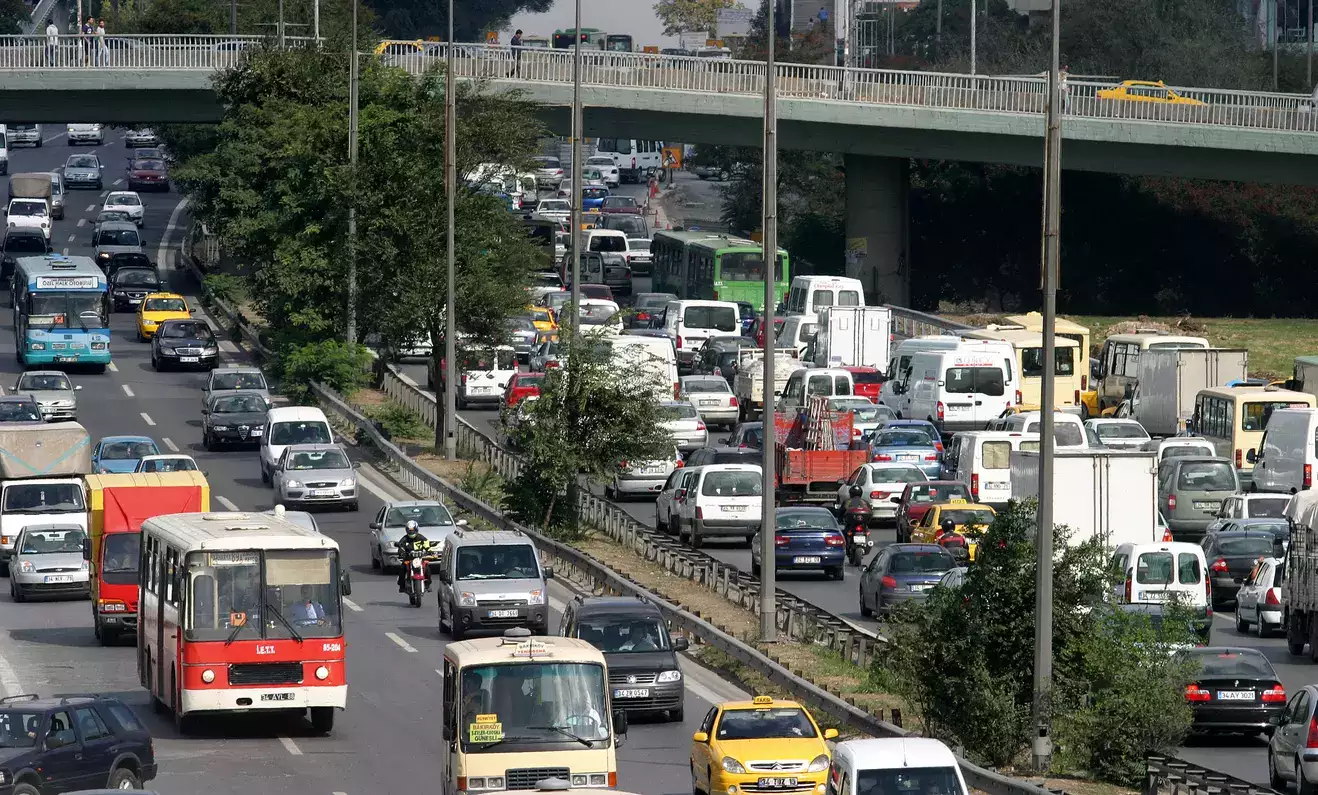 The report highlighted that Delhi has achieved an EV penetration rate of 11.5%, driven by its adoption across multiple segments.
The report highlighted that Delhi has achieved an EV penetration rate of 11.5%, driven by its adoption across multiple segments. The adoption of electric vehicles (EVs) in India is surging, with Delhi emerging as the leader in EV penetration, according to a report by FICCI and Yes Bank.
The report highlighted that Delhi has achieved an EV penetration rate of 11.5%, driven by its adoption across multiple segments.
Kerala follows closely at 11.1%, and Assam at 10.0%, where the adoption of electric two-wheelers (e2Ws) and three-wheelers (e3Ws) has been significant.
Additionally, Gujarat, Odisha, Kerala, and Punjab recorded the highest compound annual growth rates (CAGR) in EV sales from FY21 to FY24, underscoring the importance of states collaborating and sharing successful strategies.
The report also noted that the top five states contributed to more than half of the EV volumes in FY24, with the spread of EV sales improving over the past four years. It emphasized the crucial role states play in India's EV transition as the country strives to achieve its net-zero goals.
The report urged a doubling of the current EV penetration rate to meet national targets by 2030. It called for states to renew their EV policies until 2030, emphasizing the need to mandate EV adoption in public transport and fleet operations.
With many states' EV policies nearing their expiration, the report stressed the importance of providing a stable and long-term policy environment to attract investors and accelerate EV adoption.
The report provided a roadmap to bridge the gap between ambition and execution, offering actionable recommendations to enhance Zero Emission Vehicle (ZEV) penetration across the country.
It highlighted the need for states to support industry development and charging infrastructure through sustainable fiscal measures. Establish well-defined institutional mechanisms and focused policies and Foster collaboration between central and state governments to fast-track ZEV adoption.
As EVs become a cornerstone of India's sustainability agenda, the report highlighted the urgency of aggressive targets, timely implementation, and cohesive efforts to transition toward a zero-emission future.
